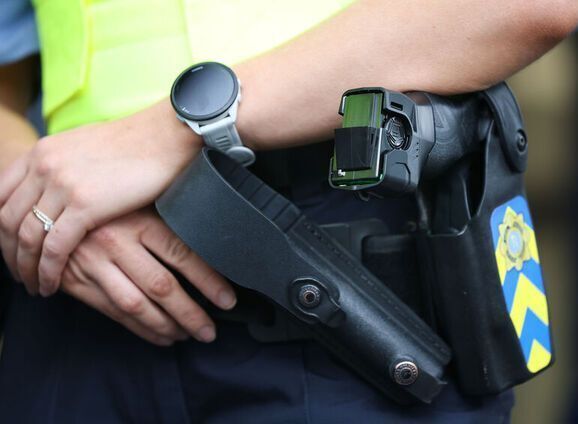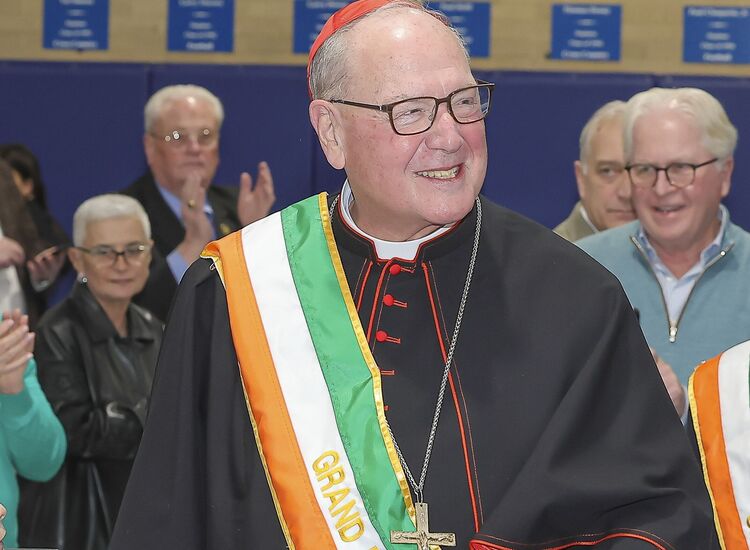Leo Varadkar and Boris Johnson taking the air during their recent meeting at Thornton Hall in Cheshire. RollingNews.ie photo.
By Irish Echo Staff
He might ultimately get what he wants, but not as quickly as he wants it.
British Prime Minister Boris Johnson won one and lost one in the House of Commons yesterday, Tuesday.
The result of a win on the first reading of his withdrawal agreement with the European Union was quickly countered by a loss in a vote on his effort to fast track passage of the agreement with a view to exiting the EU on October 31.
The prospect now is a delay in the excruciating Brexit process, possibly until the end of January.
And another prospect is a possible British general election in the not too distant future, perhaps by Christmas.
And yet another prospect is the firming up of a future EU frontier in the Irish Sea.
That idea is contained in the agreement Johnson reached with the European Union last week.
Under the deal, Northern Ireland will remain in the EU single market. And while all of the UK will leave the customs union, crucially Northern Ireland will de facto be part of the EU’s customs arrangements - meaning no customs checks on the border in Ireland.
Customs checks, however, will take place between Northern Ireland and Britain at British ports. Unionists are claiming that this is in effect a border down the Irish Sea.
And that was enough to drive a wedge between Johnson’s Conservatives and the North’s Democratic Unionist Party
Under the terms of the deal - which was sidelined in an initial vote at an extraordinary sitting of parliament on Saturday, October 19 - the Northern Ireland Assembly will have to give its consent to the arrangement by a simple majority.
The DUP had been arguing for a majority of both unionists and nationalist MLAs, which would have effectively been a unionist veto.
The EU law on Value Added Tax (VAT) on goods would also apply to Northern Ireland.
On Saturday, the DUP helped defeat the British government by siding with other parties and independents in a vote that went 322 to 306.
This tally forced Johnson to write a letter to the EU seeking an extension to the Brexit deadline of October 31. He didn’t sign the letter, however, and sent a second letter indicating that an extension wasn’t what the British government actually desired.
Taoiseach Leo Varadkar acknowledged that the House of Commons had voted “to defer a decision on whether or not to ratify” the withdrawal agreement.
European Council President Donald Tusk is consulting with the 27 EU leaders on how to react to the Johnson’s unsigned request for a Brexit extension.
He has proposed an extension that would result in a January 31, 2020 deadline. Taoiseach Leo Varadkar, according to reports, supports Tusk’s proposal.
Meanwhile, East Antrim DUP MP Sammy Wilson said DUP votes were “significant” in Saturday’s commons vote.
He said that “it is far from the first time that DUP votes have been crucial on the issue of Brexit.”
Wilson added: “The DUP want’s to ‘get Brexit down’ but it must be a Brexit for the whole of the United Kingdom. Our position has been clear and it has been consistent.”
That now appears a less likely prospect than it did just a few days ago.










